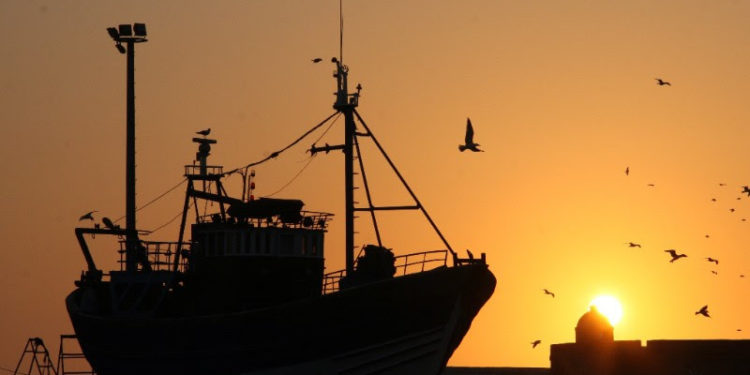European fishing industry body Europêche has boosted the Brussels side of its activities with the appointments of a new managing director and a fisheries policy officer assistant.
Daniel Voces de Onaíndi, the organisation’s policy adviser for the last five years, has been appointed managing director and Rosalie Tukker has been confirmed as Europêche’s fisheries policy officer assistant.
‘The European fishing industry provides a vital source of food, employment, trade, economic welfare, cultural heritage and recreation,’ Daniel Voces said.
‘With tens of thousands of fishermen and their families relying on the industry for work, millions relying on it for food and governments across the continent relying on it to contribute to their economies, the fishing industry has a greater impact than most people realise. This is all done while we also take a proactive role in ensuring fishing activities are carried out in an environmentally friendly and socially responsible way. We want a sustainable fishery and a sustainable sector.’
He commented that with 14 member organisations across ten countries, Europêche plays a leading role in ensuring the views and concerns of both large and small-scale fishermen are heard in the European Commission, Council and Parliament when setting policy and regulations. It is focused on supporting the three pillars of sustainability – environmental, social and economic.
‘Nobody can deny that fishing is an extremely regulated and complex industry conditioned by a variety of factors such as market, nature, science and politics,’ he added.
‘The fishermen we represent have made huge efforts in recent years, not only to comply with and adapt to the new ambitious objectives set in the Common Fisheries Policy, but also to act proactively to safeguard stock levels and their own livelihood in the years to come. However, the sector is struggling to make itself heard among the multitude of heavily-funded environmental lobby groups in Brussels. Nevertheless, I believe we are all ultimately striving towards the same outcome; to secure sustainable fisheries for future generations. What is important is that legislation is rational and proportionate, based on proven science, best practices and provides for the long-term sustainability of the sector.’









